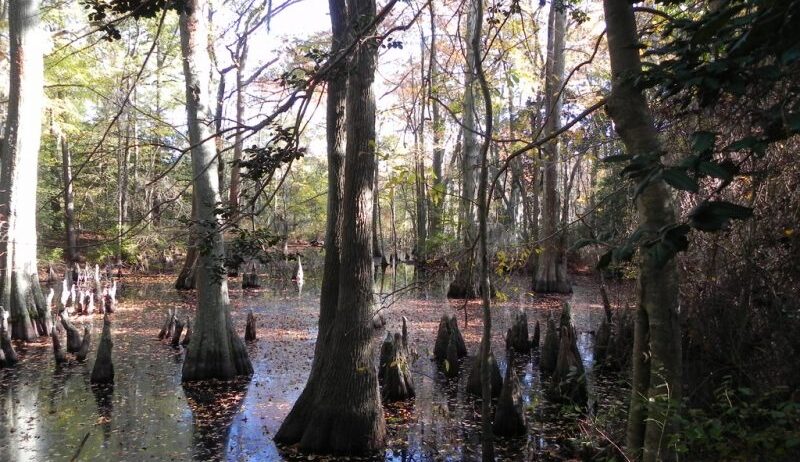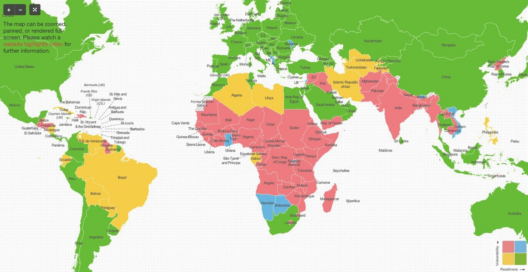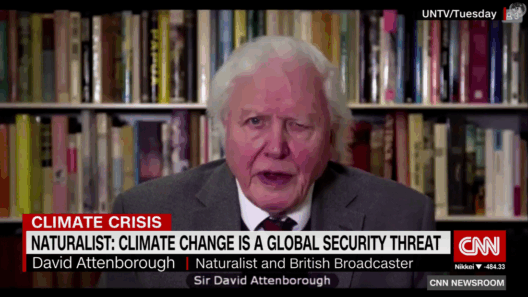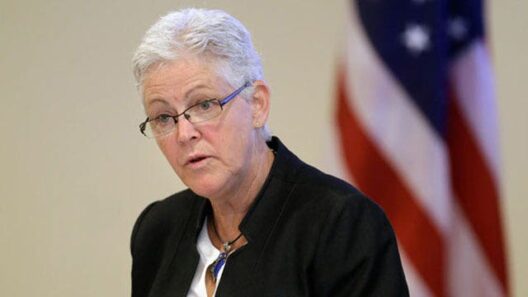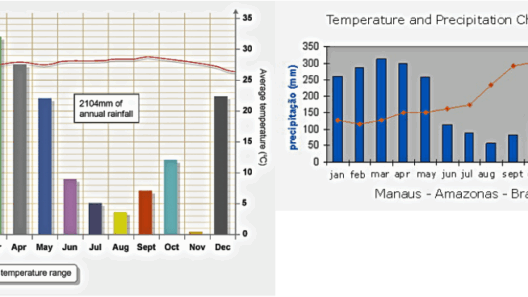Voices for the Earth: How to Fight for Climate Change Action
Imagine this: a world where clean air and pristine waters are the norm, where forests flourish, and biodiversity thrives. Sounds idyllic, right? But here lies a challenge: how do we collectively galvanize our efforts to combat climate change, a looming threat that affects every corner of our planet? We are at a pivotal juncture in history, and now more than ever, the call for climate action resonates strongly. It is essential to rally voices from diverse backgrounds and unite under a common goal: protecting our precious Earth.
To effectively address climate change, individuals must first understand its multifaceted nature. This phenomenon is not just an environmental issue; it intertwines with socioeconomic factors, public health, and justice. Such complexity demands an expansive dialogue that accounts for the myriad voices affected by climate change. Engaging in discussions that highlight the interconnectedness of various societal elements ensures a comprehensive approach to climate activism.
One way to raise awareness is through education. Community workshops, school programs, and informative seminars can illuminate the science behind climate change and its repercussions. For example, did you know that carbon dioxide levels in our atmosphere are higher than they have been for millions of years? This stark reality underscores the urgency for action. By equipping individuals with knowledge, we empower them to become advocates for change.
Moreover, an essential aspect of climate activism involves utilizing social media as a platform for advocacy. In an age dominated by digital communication, this channel serves as a powerful tool to mobilize communities, share stories, and disseminate information rapidly. Creatively designed campaigns can stir emotions and spark conversations, rendering climate issues relatable and urgent. Engaging infographics and impactful videos can serve as catalysts for discussions around sustainable practices and environmental conservation.
However, merely raising awareness is not sufficient. Action-oriented initiatives must complement educational efforts. Collaborative community projects such as tree-planting drives, clean-up campaigns, and energy audits can galvanize local involvement. When participants witness tangible results, it fosters a sense of ownership and responsibility toward their environment. Alongside personal commitment, collective action reinforces the notion that change is attainable.
Participating in local governance is another avenue through which individuals can effect meaningful change. Attending town hall meetings, speaking out on policy initiatives, and advocating for sustainable practices in local government are critical components of civic engagement. Voices of the community must resonate in decision-making processes that pertain to climate action. Local policies that prioritize renewable energy use, waste reduction, and conservation efforts can yield substantial benefits. The challenge lies in ensuring that these policies reflect the collective will of the populace.
Advocacy should also extend to supporting organizations dedicated to environmental justice. These groups focus on the disproportionate impacts of climate change on marginalized communities and work toward equitable solutions. Climate action cannot be sincere without socio-economic considerations, and it is imperative to elevate voices that have historically been overlooked. Collaborative efforts that unite diverse demographics can foster inclusivity and promote shared responsibility.
Furthermore, promoting sustainable lifestyle choices can have a profound impact. Individuals can consider adopting habits that mitigate their carbon footprints, such as reducing waste, choosing plant-based diets, or prioritizing public transportation. By making conscious decisions, not only do we contribute to a healthier world, but we also inspire those around us. When friends and family see the commitment of others, it often ignites a spark of curiosity and motivation in them as well.
It is equally vital to challenge the narrative surrounding climate change. The concept of “individual vs. collective” action can often be misleading. It is important to recognize that while personal lifestyle changes are valuable, they must be part of a broader systemic shift. Policymakers, corporations, and governments play indispensable roles in creating a sustainable future. Therefore, advocating for large-scale changes, like the transition to renewable energy sources and sustainable transportation, should complement grassroots efforts.
Encouraging collaboration between various sectors is crucial. The intersection of technology, education, and policy creates a dynamic field for innovation. New advancements in renewable energy and carbon capture technologies offer promising solutions, yet they require political and financial support. By fostering partnerships among scientists, environmentalists, businesses, and governments, we can cultivate transformative strategies that have a profound, lasting impact.
Finally, as we forge ahead in the fight against climate change, it is paramount that we remain hopeful and resilient. The path toward sustainable practices is fraught with challenges, yet history has shown us that collective determination can yield extraordinary outcomes. By celebrating victories, no matter how small, and remaining steadfast in our resolve, we can inspire future generations to continue the fight.
So, are you ready to raise your voice for the Earth? Together, we can build a compelling movement that confronts climate change and champions global stewardship. The stakes are high, but the potential for meaningful change lies in our hands. Let us unite, mobilize, and advocate for a green future—for the planet, for ourselves, and for generations to come.



